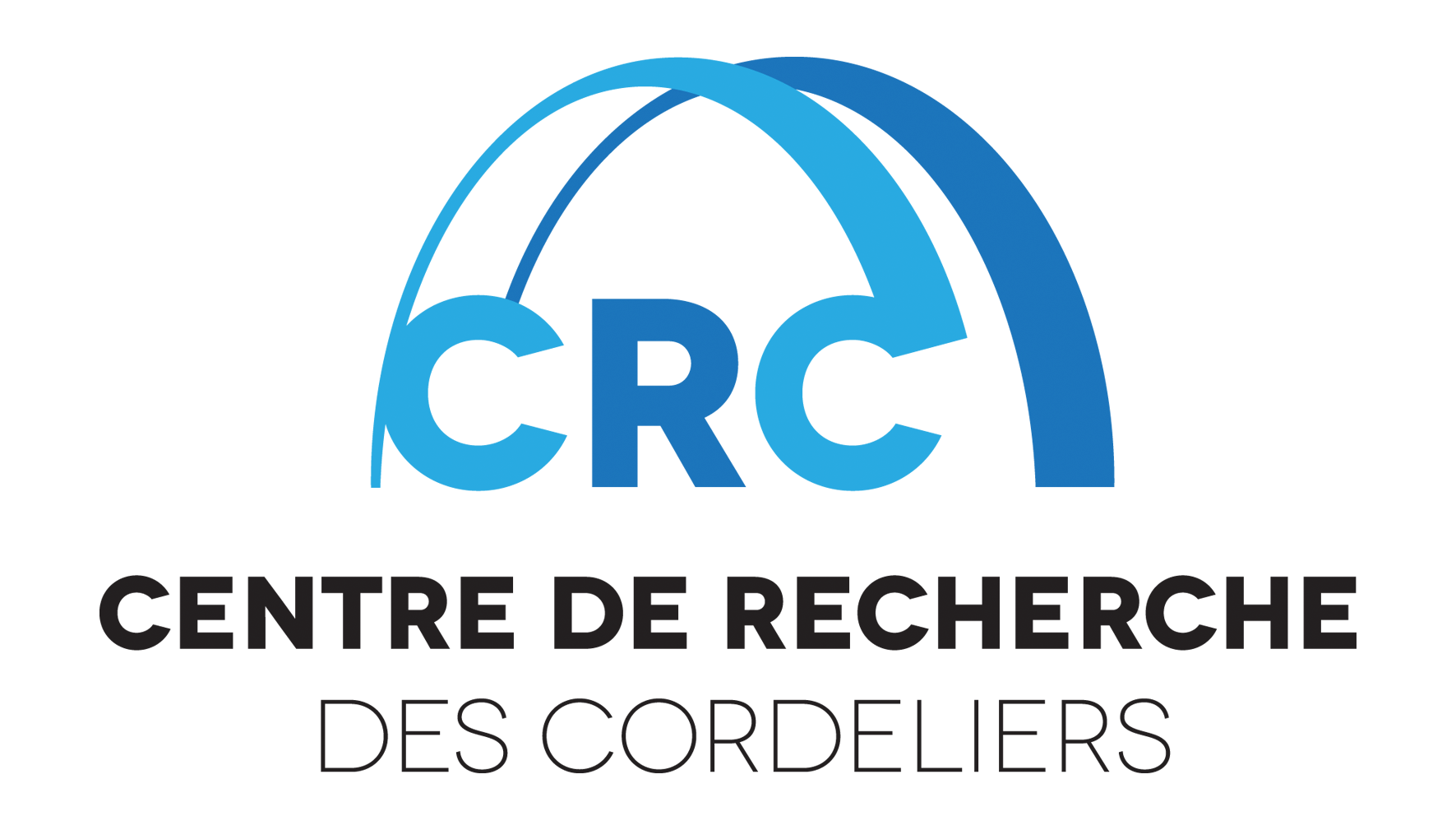04/02/2024
Au CRC, la lutte contre le cancer est quotidienne. Plusieurs équipes travaillent à la compréhension des mécanismes qui président au développement des tumeurs, et à la mise au point de thérapies innovantes et personnalisées.
De nombreux types de tumeurs sont étudiés sur le plan génétique, cellulaire et moléculaire. Les médecins-chercheurs du CRC sont associés à de multiples essais cliniques qui font progresser les thérapies anti-tumorales.
Voici une sélection de revues publiées par les chercheurs du CRC sur la thématique du cancer au cours de l’année écoulée.
López-Otín C, Pietrocola F, Roiz-Valle D, Galluzzi L, Kroemer G. Cell Metab. 2023
Both aging and cancer are characterized by a series of partially overlapping “hallmarks” that we subject here to a meta-analysis. …
Campani C, Zucman-Rossi J, Nault JC. Cancers (Basel). 2023
Hepatocellular carcinoma (HCC) accounts for 90% of primary hepatic malignancies and is one of the major causes of cancer-related death. Over the last 15 years, the molecular landscape of HCC has been deciphered, with the identification of the main driver genes of liver car cinogenesis….
Fridman WH, et al. Immunity. 2023.
The generation of anti-tumor immunity in the draining lymph nodes is known as the cancer immunity cycle. Accumulating evidence supports the occurrence of such a cycle at tumor sites in the context of chronic inflammation. …
Hijazi A, et al. Oncoimmunology. 2023.
In the last decade, a plethora of immunotherapeutic strategies have been designed to modulate the tumor immune microenvironment. In particular, immune checkpoint (IC) blockade therapies present the most promising advances made in cancer treatment in recent years. …
Assié JB, Jean D. Expert Opin Ther Targets. 2023
Pleural mesothelioma is a rare and aggressive cancer originating in the pleura, with a devastating prognosis and limited treatment options. …
Fang J, Celton-Morizur S, Desdouets C. Cancers (Basel). 2023
Hepatocellular carcinoma (HCC) is the most common type of primary liver cancer and one of the deadliest cancers worldwide. Despite extensive research, the biological mechanisms underlying HCC’s development and progression remain only partially understood. …
Dubois K, Tannoury M, Bauvois B, Susin SA, Garnier D. Cancers (Basel). 2023
In addition to intrinsic genomic and nongenomic alterations, tumor progression is also dependent on the tumor microenvironment (TME, mainly composed of the extracellular matrix (ECM), secreted factors, and bystander immune and stromal cells). …
Retnakumar SV, Chauvin C, Bayry J. Pharmacol Ther. 2023
The phenomenon of ‘T cell exhaustion’, a state of T cell dysfunction observed during chronic infections and cancers, has been a major obstacle in mounting appropriate immune responses against infectious agents or tumor antigens. …
de Abreu AR, Op de Beeck K, Laurent-Puig P, Taly V, Benhaim L. Cancers (Basel). 2023.
Colorectal cancer (CRC) is the third most common cancer type worldwide, with over 1.9 million new cases and 935,000 related deaths in 2020. …
Voir toutes les publications du CRC en relation avec le cancer au cours des 5 dernières années.

